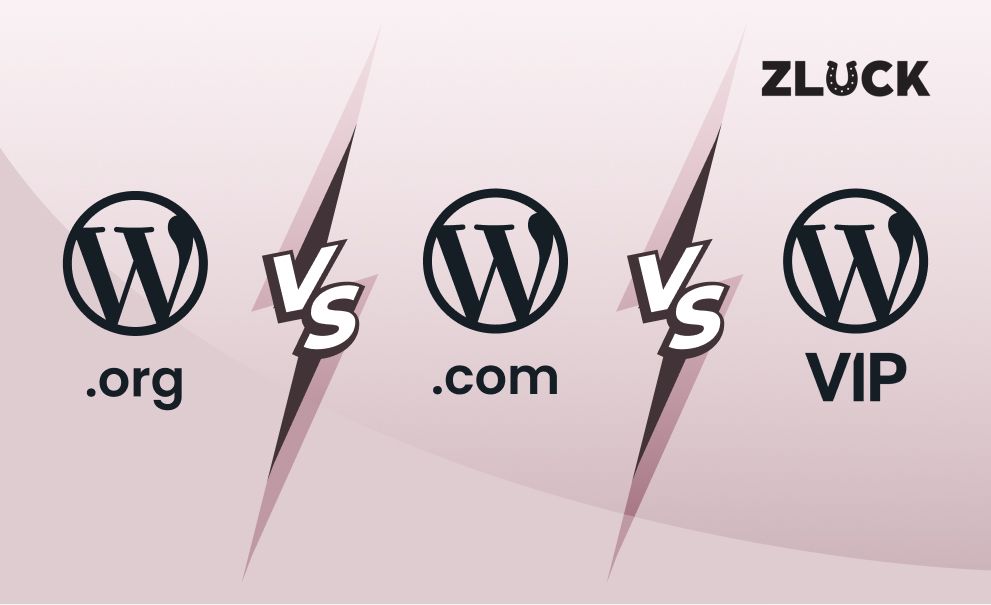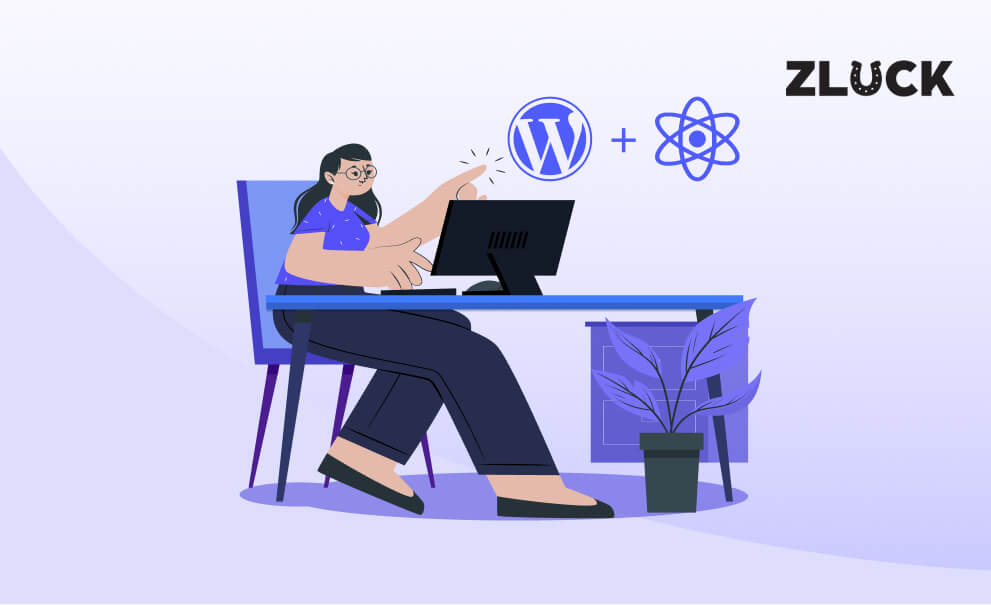What is WordPress VIP?

WordPress VIP is a high-end solution for large websites and essential applications. It provides more than just hosting by offering specialized tools and services for global brands with demanding requirements.
1. Enterprise-Grade Hosting:
WordPress VIP offers hosting at the enterprise level. It is built on a high-performance architecture. This includes global content delivery networks (CDNs), redundant server clusters, and advanced caching. These features ensure speed, reliability, and the ability to scale, even when traffic increases significantly.
2. Comprehensive Security:
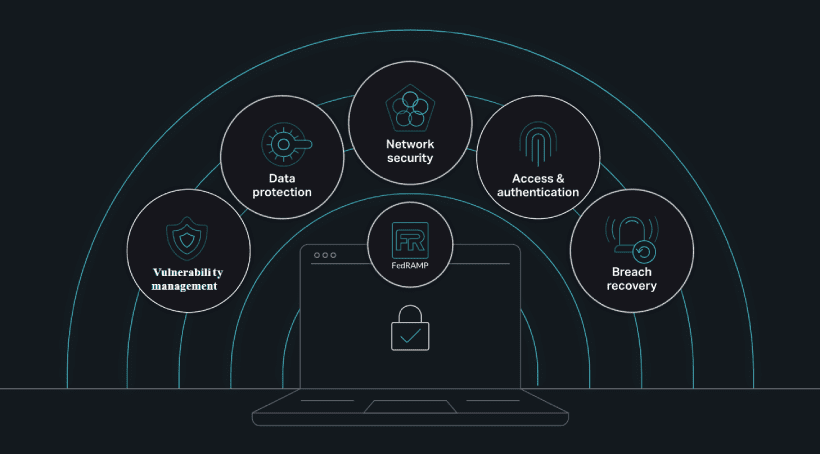
The platform has strong security features. These include automated code scanning, continuous monitoring, Network security, Access & authentication, Breach recovery and adherence to GDPR and SOC 2 standards. This makes it a suitable choice for industries like finance and healthcare that need high levels of data security and privacy.
3. High Performance:
WordPress VIP is optimized for handling large amounts of traffic without sacrificing performance. It uses advanced caching and global CDNs to ensure that users have a fast and reliable experience.
4. Content Management:
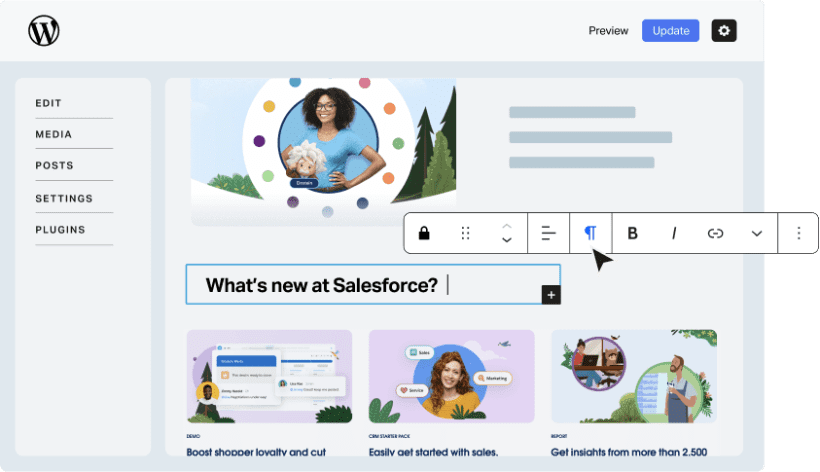
The platform includes powerful content management tools. It has a custom workflow automation system that makes content publishing, approvals, and updates faster and more consistent.
5. VIP Content Analytics by Parse.ly:
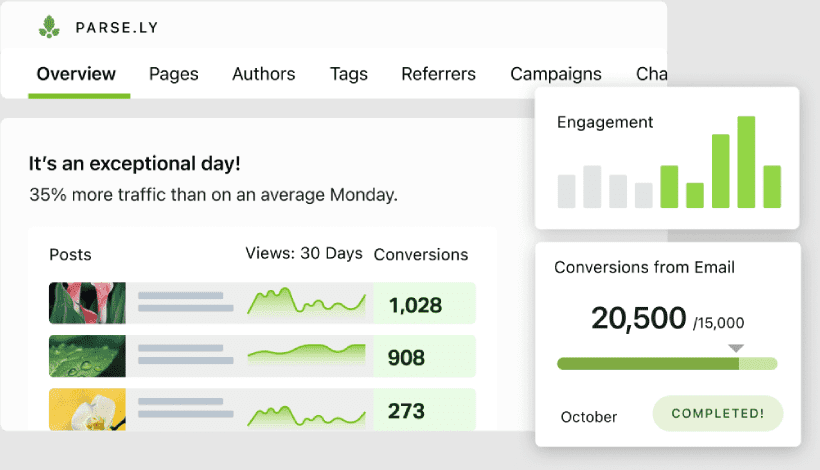
Integrated analytics from Parse.ly provide detailed insights into how content performs. This helps brands understand engagement, improve their strategies, and make informed decisions to enhance audience interaction.
6. API Integration:

WordPress VIP allows easy integration with other systems through the VIP API Mesh, powered by TakeShape. This feature improves flexibility and ensures data is synchronized across different platforms.
7. Dedicated Support and Partnership:
Clients receive dedicated support, including account managers, VIP support engineers, and strategic consultations. This support model views clients as partners, helping them to meet their business goals.
8. Real-World Application:
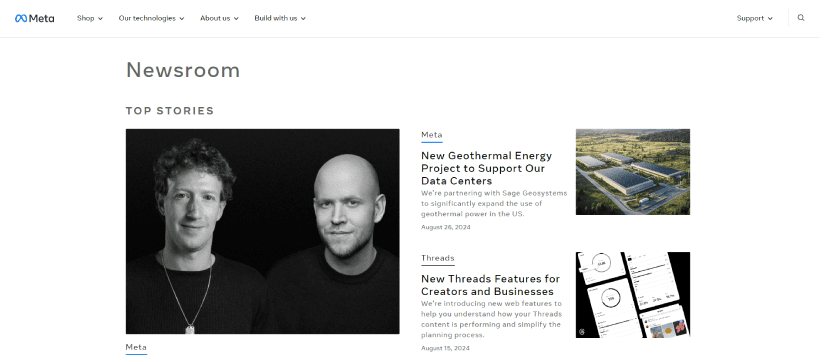
An example of WordPress VIP’s capabilities is Facebook’s Newsroom. It uses WordPress VIP to manage millions of daily visits, demonstrating the platform’s ability to scale, secure data, and manage content effectively.
What’s the Difference between WordPress.org vs WordPress.com vs WordPress VIP?
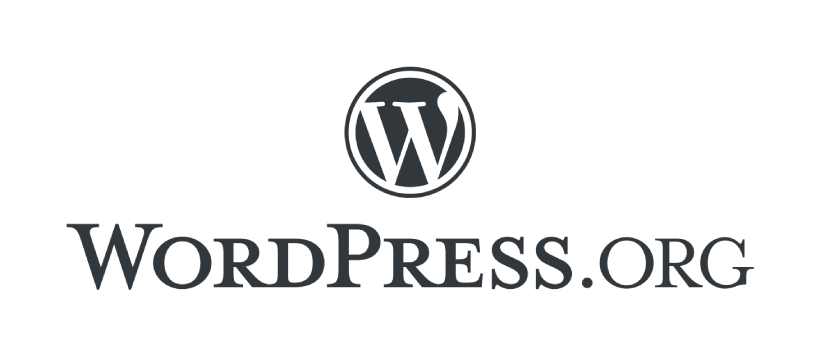
WordPress.org
It is the self-hosted version of WordPress, offering users the flexibility to download and install the software on their own web hosting service. This platform provides complete control over website customization, allowing users to install any themes, plugins, and code they need. It is well-suited for creating a wide range of websites, from personal and professional blogs to comprehensive business sites, advanced e-commerce stores using plugins like WooCommerce, custom applications, and community forums. Users are responsible for managing their hosting, security, updates, and backups, making it ideal for those who need extensive customization and control.

WordPress.com
It is a hosted service where users can create and manage websites without worrying about hosting or maintenance. It offers various plans, from free to premium, each with different levels of customization and support. This platform is ideal for personal blogs, small business websites, and simple e-commerce sites on higher-tier plans. It provides a more streamlined and managed environment, making it suitable for users who prefer convenience and ease of use over extensive customization. It also supports portfolio sites, nonprofit organizations, and event promotion, though with more limited customization options compared to WordPress.org.

WordPress VIP
It is a version of WordPress designed for large businesses and organizations. It offers managed hosting with high performance, advanced security, and expert support. This service is built to handle complex content management and high-traffic websites. It also allows for custom development and integrations, which makes it suitable for major publications, large e-commerce sites, and corporate portals.
| Feature | WordPress.org | WordPress.com | WordPress VIP |
| Plugins & Themes | Offers unrestricted access to thousands of free and premium plugins and themes from the WordPress repository and third-party sources. You can install any plugin or theme and customize them as needed. | Access to plugins and themes is restricted based on your plan. Free and lower-tier plans have a limited selection, while higher-tier plans offer more options, but custom plugins and themes may still be limited. | Provides access to a curated set of plugins and themes. Custom plugin and theme development is supported, and the platform offers advanced integrations tailored to enterprise needs. |
| Website Development | Ideal for developers seeking full control. You can modify core files, add custom functionalities, and use various development tools. It supports extensive customization through code and plugins. | Limited customization options. You can use pre-designed themes and built-in tools, with fewer options for custom code or advanced features unless you are on a higher-tier plan. | Offers extensive customization options with support for complex development needs. It provides a development environment tailored for large projects, with expert assistance available. |
| Editors | Supports various editors, including the default Block Editor (Gutenberg), as well as classic editors and third-party page builders like Elementor, WPBakery, and others. | Provides the Block Editor (Gutenberg) by default. Higher-tier plans may allow the use of some third-party page builders, but options are limited compared to WordPress.org. | Supports advanced editing tools and custom page builders. It is designed to accommodate high-level customizations and complex content management requirements. |
| Hosting | Requires separate web hosting. Popular, affordable hosting providers include Bluehost, SiteGround, and Hostinger. These hosts offer easy WordPress integration and various plans to suit different needs. | Hosting is included in the plan you choose. Plans range from free (with basic features) to premium (with advanced features). Hosting is managed by WordPress.com, so you don’t need to worry about server management. | Offers premium managed hosting with high performance and reliability. The cost is higher due to the extensive support and advanced infrastructure provided. This is suitable for large enterprises with specific needs. |
| Pricing | The WordPress software is free. Costs include web hosting (ranging from $3 to $30+ per month), domain registration (around $10 to $20 per year), and any premium themes or plugins. | Pricing varies by plan: – Free: Basic features with WordPress.com branding. – Personal: Around $4 per month, suitable for personal blogs with custom domain support. – Premium: Around $8 per month, with additional customization options. – Business: Around $25 per month, offering plugin and theme support. – eCommerce: Around $45 per month, with advanced e-commerce features. |
Pricing is custom and tailored for enterprise needs, often requiring direct contact with WordPress VIP for a quote. Costs are generally high due to the premium services and support. Packages start at $25,000 per year. |
| E-Commerce | Fully supports e-commerce through plugins like WooCommerce. Offers extensive features such as customizable product pages, payment gateways, inventory management, and advanced analytics. You have complete control over your online store. | Basic e-commerce features available on higher-tier plans. Offers a simple store setup with limited customization compared to WooCommerce. Advanced features and integrations are more restricted. | Supports advanced e-commerce solutions, including custom development and integrations. If using WooCommerce, it provides additional enterprise-level features such as high-performance scalability, complex product setups, and dedicated support for large e-commerce operations. |
| Website Builders | You can use any page builder plugin, including Elementor, WPBakery, and others, to design and customize your site with a high degree of flexibility. | Limited to the Block Editor (Gutenberg) and some third-party builders depending on your plan. Custom page builders are restricted on lower-tier plans. | Supports advanced page builders and custom solutions, designed to handle complex website designs and enterprise needs. Examples include WPBakery Page Builder, Elementor Pro, and Beaver Builder. |
Conclusion – Which Platform is Best?
-
WordPress.org:
Best for developers, businesses, and those needing full control over their website with the ability to customize extensively. It’s cost-effective but requires technical management.
-
WordPress.com:
Ideal for beginners, bloggers, and small businesses who prefer ease of use with managed hosting. It’s great for those who don’t need extensive customization or control.
WordPress VIP:
Suited for large enterprises needing high performance, security, and dedicated support. It’s an investment but provides top-tier service and scalability.
